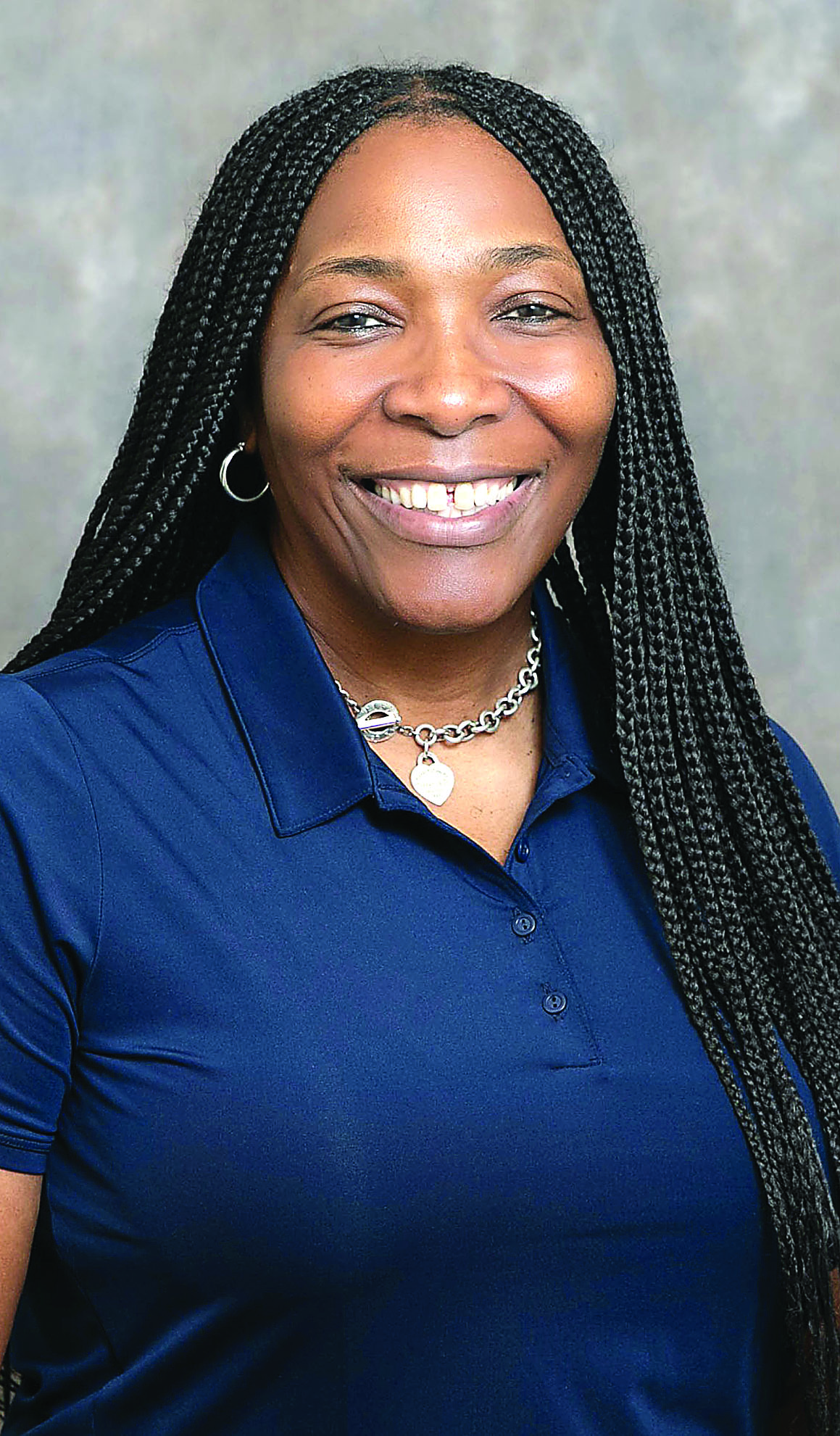Kiosks to help low-income rural Georgians with legal services
Published 5:45 pm Thursday, January 12, 2023

- Georgia Legal Services Program.png
ATLANTA — Rural communities will soon have kiosks to aid in pro bono civil legal assistance for low-income Georgians.
Georgia Legal Services Program will use a $250,000 Technology Initiative Grant from Legal Services Corporation to fund the project.
Six legal kiosks will be installed in rural Georgia counties, allowing residents to receive legal assistance and information at safe and convenient locations. At the kiosks, users will be able to apply for legal services, meet with their attorneys virtually and access automated self-help tools for pro-se litigants.
While the sites have not yet been identified, GLSP’s project team plans to place kiosks in rural communities that are geographically distant from existing legal aid offices where assistance from private attorneys is often limited.
“We have begun the process of identifying locations with an emphasis on rural areas and those that do not have other accessible legal representation available,” said Mitzy Sharp Futro, director of development and communications for GLSP. “Our planning involves both our own needs assessment effort and input from communities and partners around the state.”
The project team plans to place kiosks in rural communities that are geographically distant from existing legal aid offices where assistance from private attorneys is often limited.
Georgia Sen. Raphael Warnock congratulated GLSP on receiving TIG funding.
“As a voice for rural Georgians in the Senate, I’ve been laser-focused on ensuring Georgians in every corner of the state have access to the resources and services they need to thrive,” Warnock said. “This funding will help improve access to justice by providing legal assistance and information at safe and convenient locations to Georgians in their communities.”
LSC President Ronald S. Flagg said the TIC grant aims to strengthen legal services for families facing issues such as eviction, domestic violence and natural disasters.
GLSP primarily serves Georgians outside of metro Atlanta with incomes up to 150% of the federal poverty level, and in some instances, those with up to 200% of the federal poverty level.
Approximately 2 million low-income Georgians could qualify for free legal services. At least 40 counties have five or fewer lawyers, according to a GLSP representative in a previous interview.





